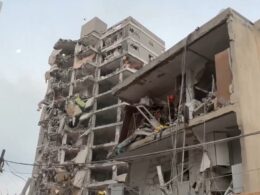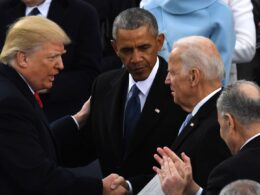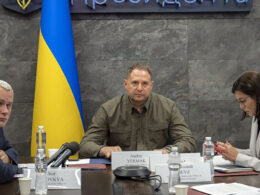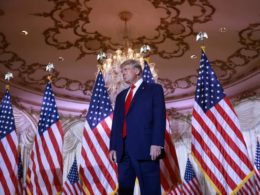US Vice President J.D. Vance defended President's Special Envoy for the Middle East Steve Witkoff, emphasizing that he is "doing an excellent job" with his work.
"Steve Witkoff is a great guy doing an incredible job. The people sniping at him are mad that he is succeeding where they failed for 40 years. Turns out a lot of diplomacy boils down to a simple skill: don’t be an idiot," Vance wrote on X.
On 22 March, in an interview with ex-Fox News host Tucker Carlson, Witkoff claimed that the temporarily occupied territories of Ukraine are the key problem in resolving the war.
He also referred to them as "Russian-speaking" and areas where residents "expressed their desire to be under Russian control."
Steve Witkoff's statement about Russian-speaking populations in occupied Ukrainian territories reflects a narrative often used by Russian propagandists. This narrative aims to justify Russia's actions by claiming that it is protecting Russian-speaking populations.
Member of Parliament from the Servant of the People party and chairman of the Verkhovna Rada Committee on Foreign Policy and Inter-Parliamentary Cooperation, Oleksandr Merezhko, said that Witkoff should be recalled from his position, calling his statements about referendums in Russian-occupied territories "shameful and shocking."
Immediately following this statement, the European Union emphasized its continued support for Ukraine's independence, sovereignty, and territorial integrity.
Russia's occupation of Ukrainian territories began in 2014 with the annexation of Crimea. In the same year, Russian-backed forces took control of parts of the Donetsk and Luhansk oblasts in eastern Ukraine.
On 24 February 2022, Russia launched a full-scale invasion, expanding its control to about 20% of Ukraine, including parts of Kherson, Zaporizhzhia, Donetsk, and Luhansk. However, Ukraine has since liberated some areas, such as Kherson and parts of Kharkiv Oblast.
Read also:
- Austria dismantles Russian spy network that targeted Ukraine support across German-speaking nations
- “Is he Trump’s envoy or Putin’s?” Ukraine lawmaker calls for Witkoff’s dismissal after Russia remarks
- Ukrainian forces advance 1.5km into Russia’s Belgorod Oblast





